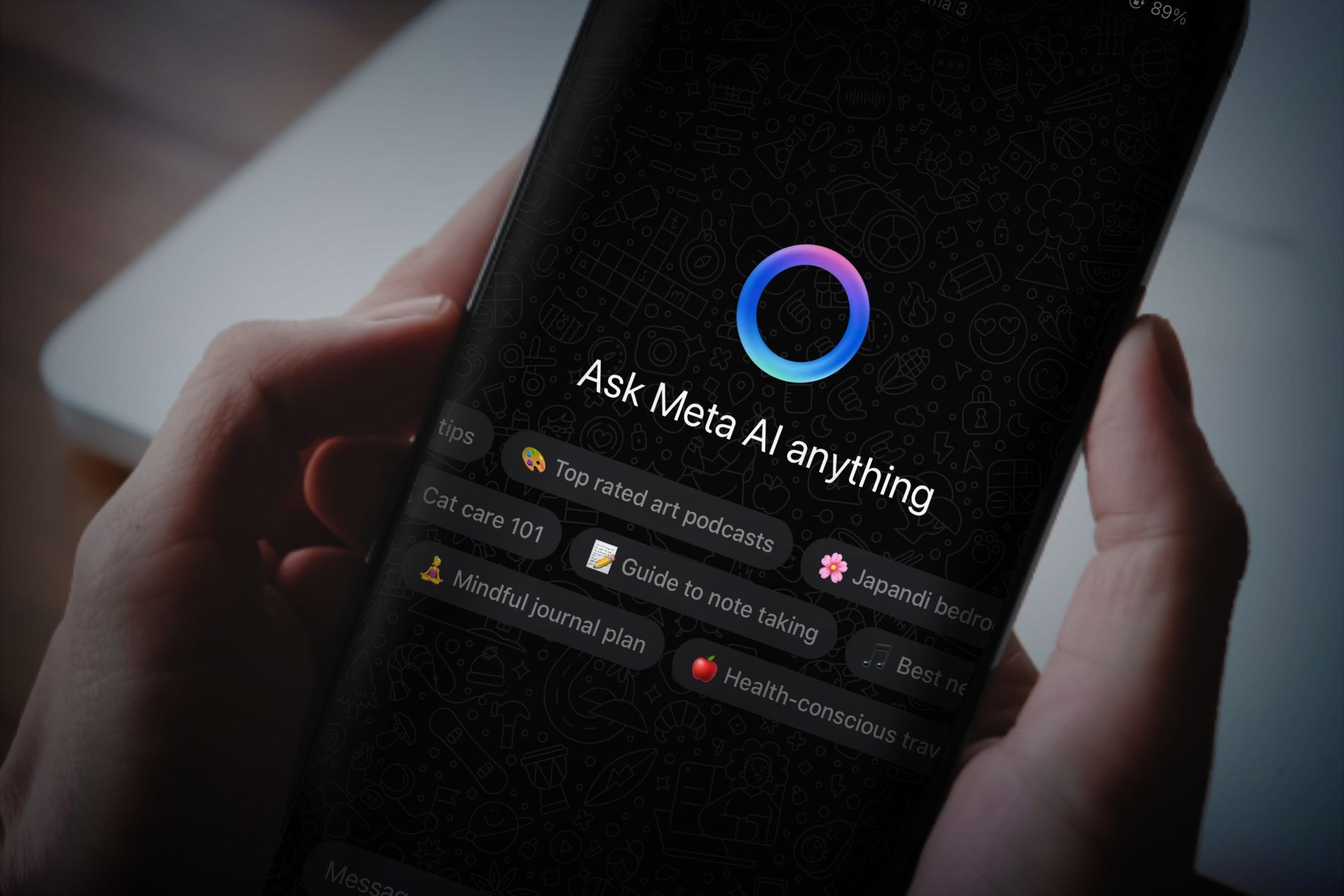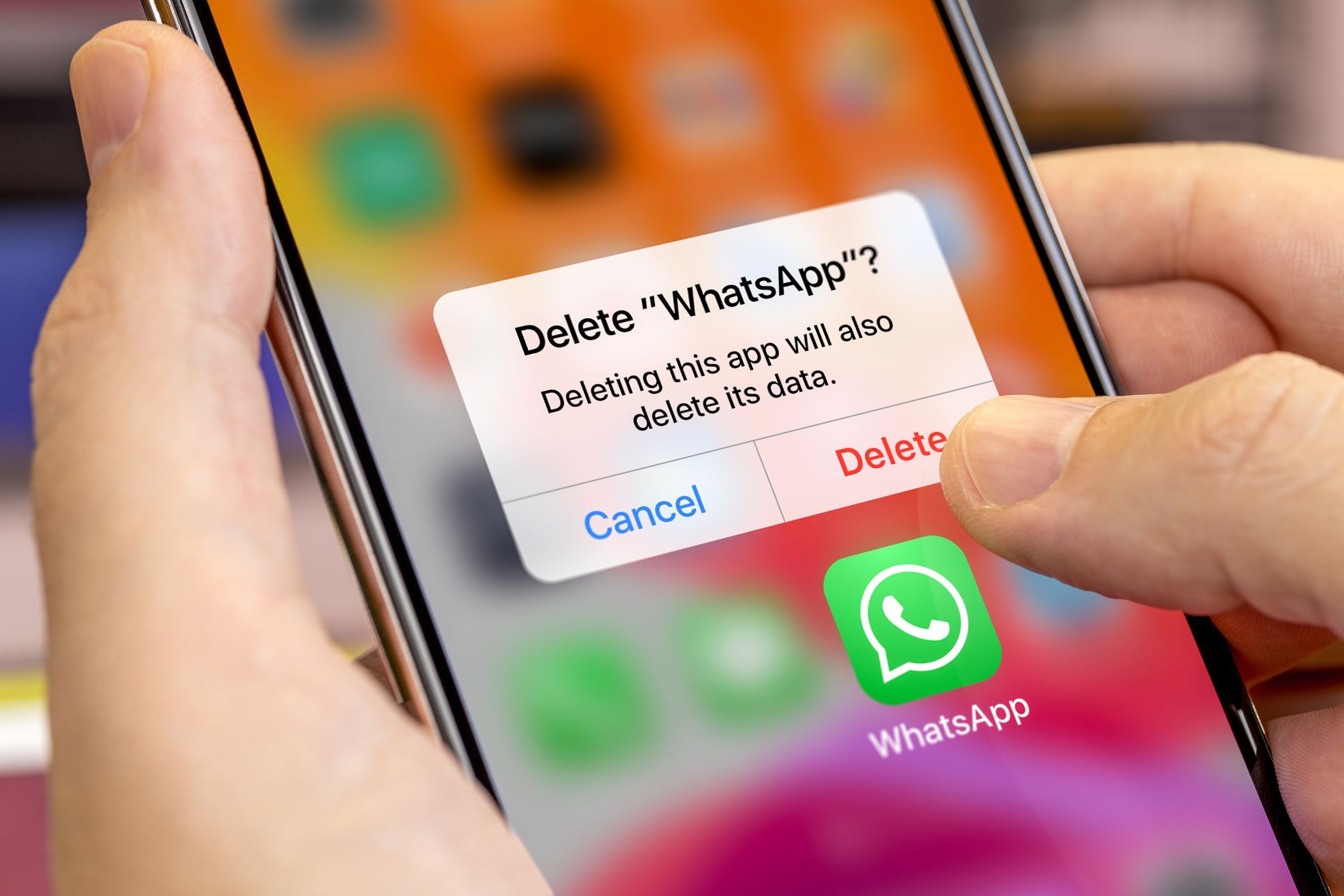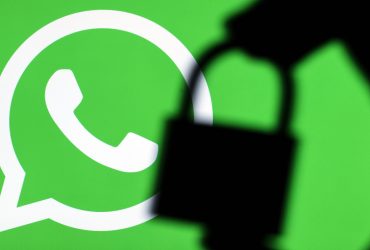Quick Links
Even though WhatsApp is ubiquitous among my friends and family as well as within my professional network, I quit the popular messaging app three years ago. Here’s why I don’t regret it.
1 I Hate Walled Gardens for Communication
The internet was built on the spirit of openness and hyperconnectivity. But tech platforms prefer walled gardens.
Tim Berners-Lee, the inventor of the World Wide Web, wrote an essay for Scientific American over a decade ago, warning that these companies were restructuring the web itself—turning an expanse of interconnected websites built on an open infrastructure into a series of “fragmented islands” where users were kept hostage.
People around me send messages, share a lot of photos, and build communities on WhatsApp. The more they do these things, the more captive they are in the walled garden, and the harder it becomes to leave it. Their primary communication is nested in WhatsApp—mostly because of the network effect, and not necessarily out of choice.
I prefer my messaging to be platform-agnostic, like email. It doesn’t matter what email client you use, you will still get an email sent to your address. That’s why I use SMS (of course, with a modern helping of RCS messaging on Android).
I’m not locked into apps, operating systems, or carriers. Not everyone across the world is on WhatsApp. Plus, there are people who continue to use feature phones instead of smartphones. An SMS reaches them without me bothering to check if they are on WhatsApp (or Telegram or Signal).
Personally, open communication is more important for me than all the bells and whistles a service offers.
n “”>

While WhatsApp uses end-to-end encryption, it regularly collects metadata attached to your messaging activities—IP addresses, phone numbers, as well as “the time, frequency, and duration of your activities and interactions”.
Yes, your messages are always private, but WhatsApp is actively collecting your metadata to build your digital persona across other Meta properties, including Instagram and Facebook. That’s a problem for me.
While SMS/RCS might not win the privacy duel, my lack of trust in Meta is based on its history. In 2023, for example, WhatsApp was fined €5.5 million by Ireland’s data watchdog for breaching privacy regulations and its lack of transparency about how it handles information. The company’s undermining of privacy enables it to be more effective in targeted advertising, but has also led to instances of third-party attacks, misinformation campaigns, and even political manipulation.
3 Most WhatsApp Groups Are a Pain
WhatsApp groups were great for group messaging between friends and family members as well as for colleagues at work. But that charm wore off quickly.
Once WhatsApp increased the limit of users that can be in a group, it led to large and ever-expanding groups for large communities (like my astronomy group which was previously functioning as a mailing list for astronomy enthusiasts), a group of all parents of kids in my seven-year-old’s class, our condominium’s association of all residents—you get the drift. Large mailing lists or forums have moved to WhatsApp, and it is quite chaotic.
Large groups are a pain to scroll through—there’s no organization like email or forum threads. Often one loses the context of a conversation, an important message slips through in case a barrage of messages come after it, and the constant notifications are distracting as well.
While a large number of people have adopted it for their work or personal communities and networks, it’s not an ideal approach to productivity. Moreover, there are privacy issues as well since phone numbers of all users are visible to all group members. While it’s fine in a closed group, it is awkward in large groups with several strangers.
4 The Degrading Quality of WhatsApp

Online products and services have declined in quality over time to maximize profits for shareholders. There are so many instances of what started as a great free service that eventually dropped in quality in a push for monetization. WhatsApp is no exception.
From increasing member limits of groups and introducing communities to the introduction of stories-like status messages to now bringing Meta AI front and center, WhatsApp now offers myriad ways to engage with your network. It works for WhatsApp to posture as an all-in-one platform as people spend more time within the app, but it kills the intuitiveness of a messaging app. The company has even experimented with things like digital payments in India.
WhatsApp also opened doors to businesses allowing them to use the service to send relentless unsolicited marketing communication that swarms your inbox so much that you often miss the conversations you care about. Of course, this last bit is an issue with SMS as well, and most people moved to WhatsApp to take a refuge from all that spam in the first place. But here we are!
Instead of building features to make people more productive or communicate and collaborate better—building integrations with email, photo sharing services, cloud storage services, and other utilities or even Meta’s other properties—the app is now quicksand which keeps drawing you in, and not in a good way.
So, yes, I don’t use WhatsApp and even though it annoys a lot of my friends and family members, and I miss out on a lot of gossip and banter.
That said, there are drawbacks to not using the service. Our local pharmacy accepts doctor’s prescriptions over WhatsApp and delivers medicine at home. I now must struggle to decipher the doctor’s handwriting and understand the medical jargon used to order medicine over the phone.
While several local businesses and mom-and-pop stores use WhatsApp as their sole interface in absence of a website or app, many new age online services and even government departments use WhatsApp as the primary support channel. I also miss out on a lot of communities that I’m interested in but which solely operate on WhatsApp, like my neighborhood basketball group or the aforementioned astronomy society.
Therefore, it isn’t a smooth ride, but I made my choice. I prefer the easy-going nature of texting. And with RCS support on iPhones finally, it’s even more seamless now to talk to people across the fence.






Leave a Review